Events
Lead Teaching Fellows design and run teaching-related workshops, discussions, and other events in their home departments. CTL provides program models, individual consultations, documentation protocols, and oversight that helps LTFs and their peers get the most out of these events.
Designing Events LTF perspectives Sample Events Recent Event Index
Upcoming LTF Events
Some LTF events are department-specific, others are open to all graduate students. Scan the LTF Event Calendar to see what’s coming up!
Designing Events
Every semester LTF events run in schools and departments across Columbia University, attracting hundreds of graduate student participants. LTFs design these events in response to teaching development needs and interests among their peers, consulting with department representatives, their assigned Senior Lead Teaching Fellow mentor, and CTL.
In some departments, LTFs link their workshops to TA orientations and support. In others, LTF workshops are integrated into professional development series or colloquia in departments. In still other cases, LTFs offer workshops on topics determined to be of particular interest to peers on the basis of surveys. LTFs occasionally opt to create an interactive asynchronous resource in lieu of a live event.
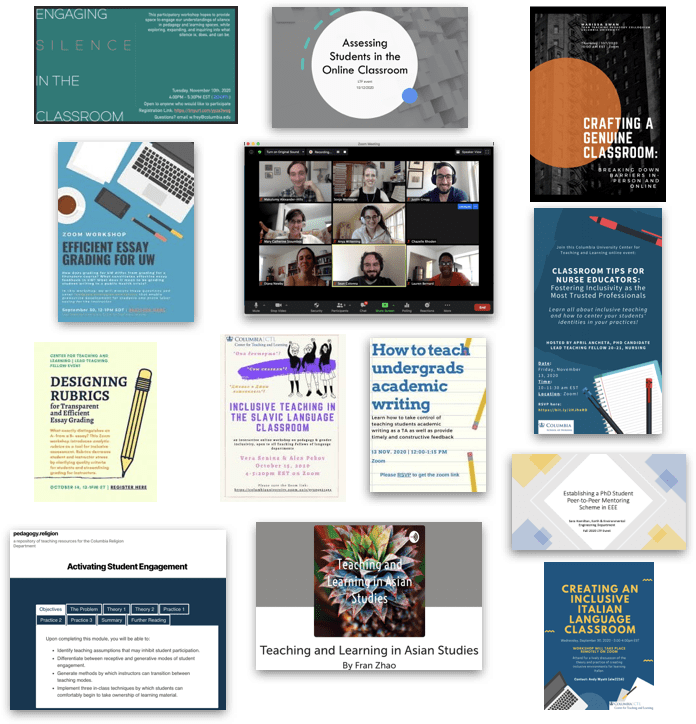
LTF Perspectives
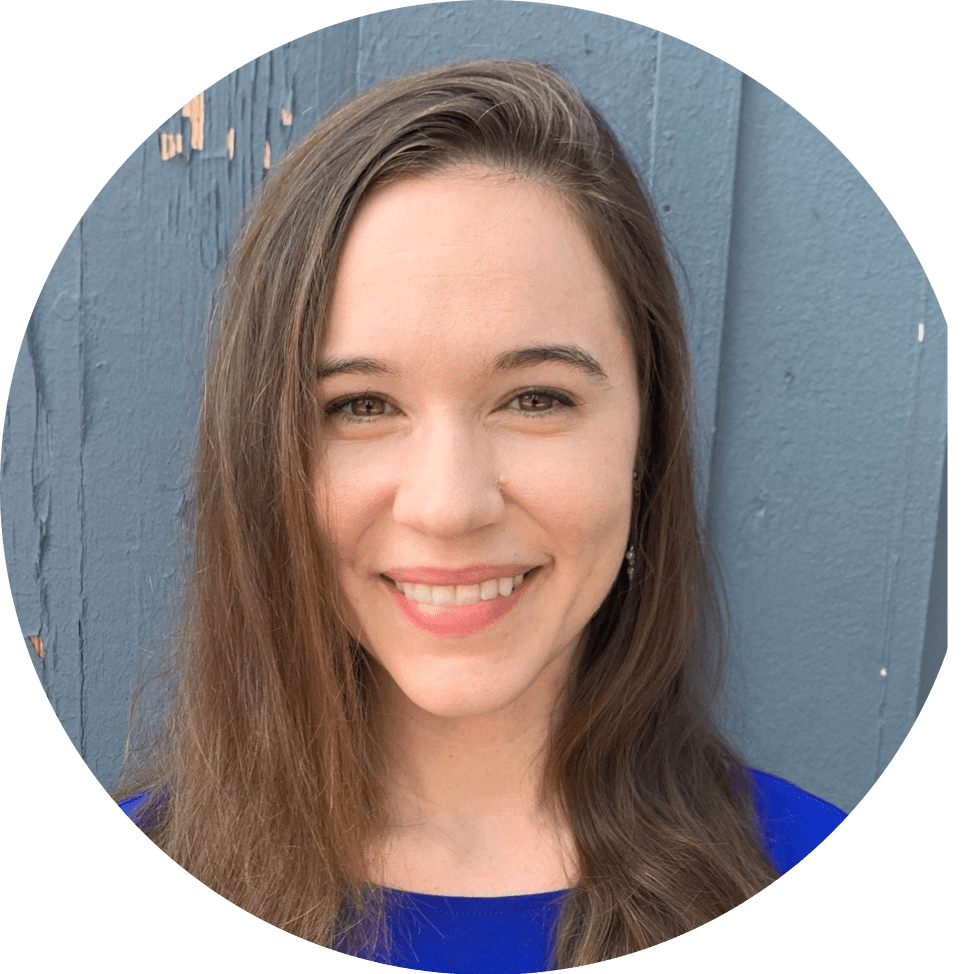
Kate Suffern
Lead Teaching Fellow in Theatre, 2020-21
“The peer composition of my LTF events made them a great opportunity for me to cast off any notion that I, as the facilitator, am an expert and to practice presence and active listening. Facilitating, in this way, resembles performance: you can tell a good actor by how they deliver their own lines, but a great actor by how they listen and react to their colleagues. In this vein, I am working as a facilitator always to put more energy into thinking about which questions to ask than how I might answer questions that arise. And, when the group conversation starts to flow in an event or in the classroom, I am challenging my impulse to shape or intervene too actively, instead carving out space for participants to speak directly and freely to one another.”
Kate’s events: Designing Rubrics for Transparent and Efficient Essay Grading, User-friendly Online Whiteboard and Collaboration Tools
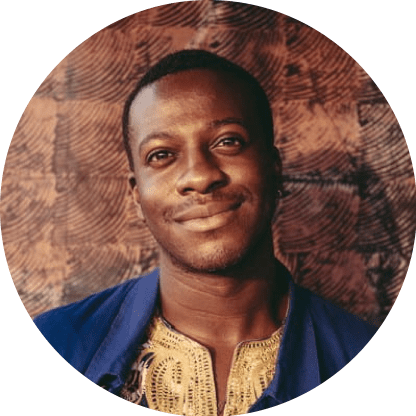
Nile Davies
Lead Teaching Fellow in Anthropology, 2021-22
“The sense of the classroom as a space of radical possibility was inspired by our pod’s reading of Teaching To Transgress by bell hooks early on in the Fall Semester. hooks’ insights here (in reference to Paolo Freire) were underscored for me in the aftermath of my second event in which, despite modest turnouts, I was struck by how each of us approached the statement from a different perspective (as object of anxiety, curiosity, translation). As I strove to convey a sense of the value inherent in the different positions from which we approach teaching, I also learned something about the importance of our experiences, not only as sources for pedagogical insights, but crucially, as a remedy for the alienating effect of the classroom as a “universal” space where individualism is diluted.”
Nile’s events: Anthropology TA Orientation: Introduction to the Center for Teaching & Learning, How to Craft a Teaching Portfolio
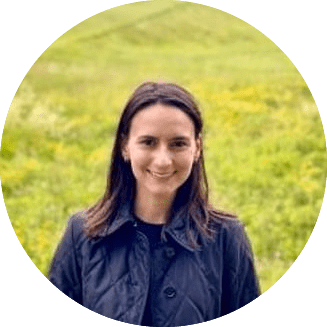
Laura DiNardo
Lead Teaching Fellow in Italian 2021-22, Senior Lead Teaching Fellow 2022-23
“I believe the most important thing that I learned through this process is that you do not need to be an “expert” on a topic to be able to discuss it in a group of your peers (or even with well-established lecturers!). While it is important to do research and to be able to synthesize what you have learned, I found it to be even more valuable to have a clear reason as to why a given topic was chosen, what I thought we might all get out of discussing it, and to leave a good amount of space for the group to share their opinions and experience and to investigate together further.” – need permission to post
Laura’s events: Growth Mindset in the Language Classroom: A Discussion on Metacognitive Strategies for Both Students and Instructors, Staying Nimble: Using Technology to Move Between the In-Person and Online Classroom
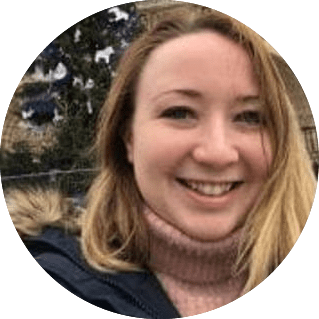
Whitney Kite
Lead Teaching Fellow in Art History & Archaeology, 2021-22
“In developing my LTF events, I realized that I have much more pedagogical knowledge and experience than I originally realized, and that years of teaching has resulted in a bank of situations to draw from. In planning my second event, I learned of the vast resources on pedagogy at the CTL and in the literature more broadly, and how to condense these into key themes to share with attendees.” – need permission to post
Whitney’s events: Art History & Archaeology TA Orientation, Teaching Close Looking
Sample Events
Communicating Science to Everyone
Designed and run by Emily Makowicz, 2024-25 Lead Teaching Fellow in the Department of Neurobiology and Behavior
Event description: The session explored how to teach and talk about science to people of all science backgrounds, from K-12 science learners to science conference attendees, and everyone in between. Participants engaged in constructive and thoughtful discussions on various topics of communication within science, and I was especially pleased to see how this event served as a safe space to share our thoughts and experiences and, in so doing, build a community through this discussion. As a result, I want to focus on community building in the spring semester and establish a plan for helping graduate students connect with one another.

What Makes a Discussion “Stick”?
Designed and run by Myles Garbarini, 2024-25 Lead Teaching Fellow in the Department of Slavic Languages
Event description: In this workshop, we shared peer experiences and brainstormed a set of strategies and guidelines for leading meaningful discussion sections. The brainstorming activity as a group went particularly well. People had a lot of ideas, and I felt I was able to facilitate discussion on the spot, drawing connections between them, synthesizing, and directing our attention to other elements of discussion. This seemed to be a fruitful way of giving the group some common vocabulary and ideas about the topic of “discussion” which we could reference throughout. One interesting question that was raised is whether personal connections to a text or work of art could be effective in discussion. On the one hand, they can help to activate a text and make it “stick,” but on the other hand, they can alienate other students and leave them feeling like all they learned about was their peer’s personal experience, rather than the shared text.

Decolonizing Climate Change Teaching
Designed and run by Aandishah Samara, 2024-25 Lead Teaching Fellow in the Department of Earth & Environmental Sciences
Event description: The session engaged participants by making them work on lesson plans, and sparking discussions about biases in teaching. Group brainstorming on integrating Indigenous and local methods fostered collaboration, with actionable ideas shared for classroom application. Some said they would like to use some of the examples we used in their TA assignments for next semester. I also heard about creative ways of engaging with non-empirical methods of teaching that I found were fascinating! Overall, this event deepened my understanding of graduate students’ teaching-related needs and interests in (and beyond!) my department and helped to deepen my skills in facilitating inclusive pedagogical discussions.

Teaching Through Discussion
Designed and run by Sarah Wingerter, 2023-24 Lead Teaching Fellow in Writing (SOA)
Event description: In this workshop, we’ll use our own in-the-moment discussion as a vehicle for learning about and modeling effective use of discussion in the classroom. We’ll start with open-ended questions that will lead us through the framework of planning and executing a classroom discussion. This workshop will help lay the foundation for classroom discussions that foster learning, encourage student participation, and bolster self-confidence. Participants will learn each of the steps necessary to ensure an effective discussion and will learn techniques to extend the conversation beyond the classroom and into asynchronous modalities. Participants will leave with increased confidence in their ability to lead a discussion in the creative-writing classroom, and they’ll receive a handout with key concepts and additional resources and references.
Sarah’s reflection: “By putting on this event, I learned that graduate students in the School of the Arts are hungry for opportunities to discuss teaching. Some have had no teaching experience and are curious to learn more about it. Others have had a bit of teaching experience but no formal instruction in teaching and, therefore, no feedback on their teaching. Still others have had quite a bit of teaching experience but felt they had never quite mastered the art of the classroom discussion.”
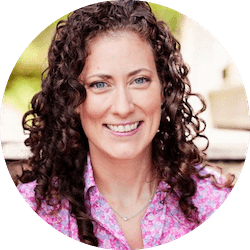
Fall 2024 LTF Events
Arts & Sciences
Anthropology
Anthropology TA Orientation
Art History and Archaeology
Art History and Archaeology Teaching Orientation and Refresher
Astronomy
Rethinking Undergraduate Mentoring in STEM
Enhancing Accessibility in STEM through the Arts
Classics
Beyond Grading: Developing Timely and Effective Feedback Practices
Earth and Environmental Science
Developing Your Teaching Signature
Decolonizing Climate Change
Ecology, Evolution and Environmental Biology
Holistic Teaching and Historical Justice: Recognizing the Flaws and Morality of Important Researches in our Fields
English & Comparative Literature
English and Comparative Literature TA Information Session
Public Perceptions of Humanities Teaching
French and Romance Languages
Community Building in the Language Classroom: Pitfalls of Talking About the Self and How to Address Them
Germanic Languages
Any Questions? Negotiating Student Inquiry in the Language Classroom
History
History Teaching Orientation and Refresher
Latin American & Iberian Cultures
Teaching Methods for Hispanic Cultures
Middle Eastern, South Asian, & African Studies
Learning Lunch Series
Music
Soft Skills: Not Hard to Assess
Running the Music Theory Lab: Active Learning Workshop
Philosophy
Teaching Philosophical Writing
Physics
Physics for Non-Majors: Student-Centered Teaching in Introductory Labs
Political Science
Office Hours: What Are They Good For?
Psychology
Building Better Resource Hubs
Navigating Difficult Times as a TA
Slavic Languages
Teaching Russian through Theater
Affect and Effect: Responsivity and Self-Regulation in the Classroom
Religion
Pedagogy Amidst ‘Crisis’
Slavic Languages
What Makes a Discussion “Stick”?
Sociology
The Sound of Silence: Facilitating Discussion in Silent Classrooms
CUIMC
Neurobiology
Stereotype Threat in Science Teaching
Communicating Science to Everyone
Nursing
CUSON Teaching Orientation
Nutritional and Metabolic Biology
Becoming a Mentor: How to Teach in a Lab Environment
Engineering
Biomedical Engineering
Teaching at Every Level
Grade Smarter, Not Harder
Civil Engineering & Engineering Mechanics
Enhancing Problem-Solving Skills through Effective Assignment Design in Engineering Education
Redesigning Engineering Assignments for the AI Era
Electrical Engineering
Artificial Intelligence in STEM Education and Administration
GSAPP
Architecture
Architectural Pedagogy Forum
School of the Arts
Film
Crafting Inclusive Classrooms: Developing Effective Content Warnings Across Disciplines
Theatre
Models of Feedback for Playwriting Workshop Classes
Writing
Pedagogy Conversation w/ BK Fischer
Concrete Strategies For Providing Feedback for Writers